1. The Land of “Hygge”
Denmark is the birthplace of hygge, a term that defies direct translation but embodies the essence of coziness, warmth, and contentment. To the Danes, hygge is about creating a welcoming atmosphere, embracing simple pleasures, and finding joy in the everyday. It’s the comfort of candlelit rooms, the quiet pleasure of a shared meal, or the contentment in a good book on a rainy day. Hygge is more than a lifestyle – it’s a philosophy deeply ingrained in Danish culture, emphasizing well-being and the art of slowing down.

2. The World’s Happiest Country
Denmark frequently tops the global happiness rankings, and it’s no mystery why. With a focus on equality, work-life balance, and a supportive social safety net, Denmark offers a lifestyle that many admire. Danes enjoy free healthcare, access to quality education, and a general trust in their government. The Danish way of life values both individual freedom and community, creating a society where people feel valued and secure.
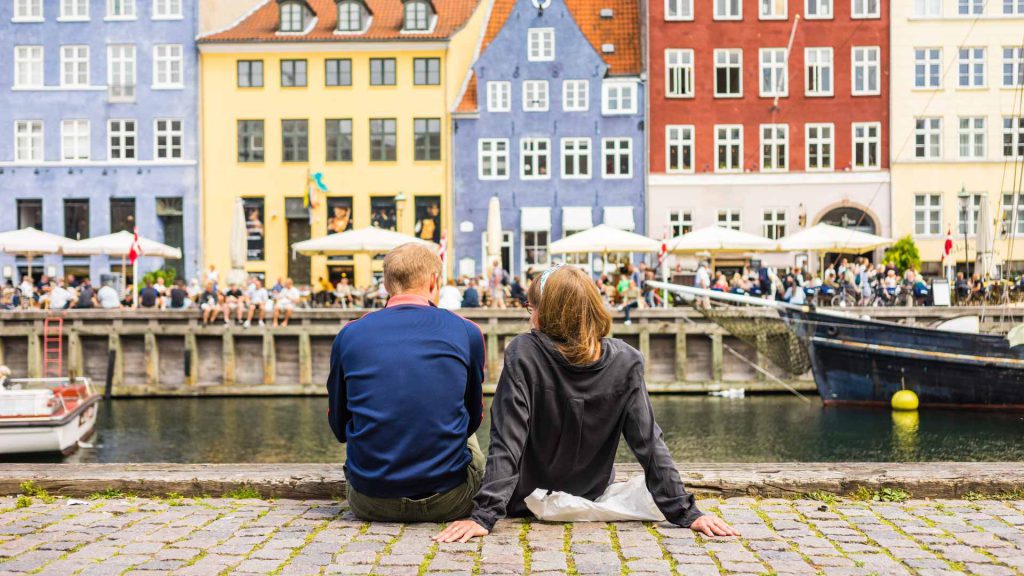
3. A Nation of Cyclists
Danes take cycling seriously. With over 12,000 kilometers of bike paths crisscrossing the nation, Denmark is a cyclist’s paradise. Copenhagen alone has more bicycles than residents, with dedicated bike lanes and bridges that make it a seamless way to get around. This bike-centric culture not only promotes physical health but also reduces traffic congestion and pollution, reflecting Denmark’s commitment to sustainability.
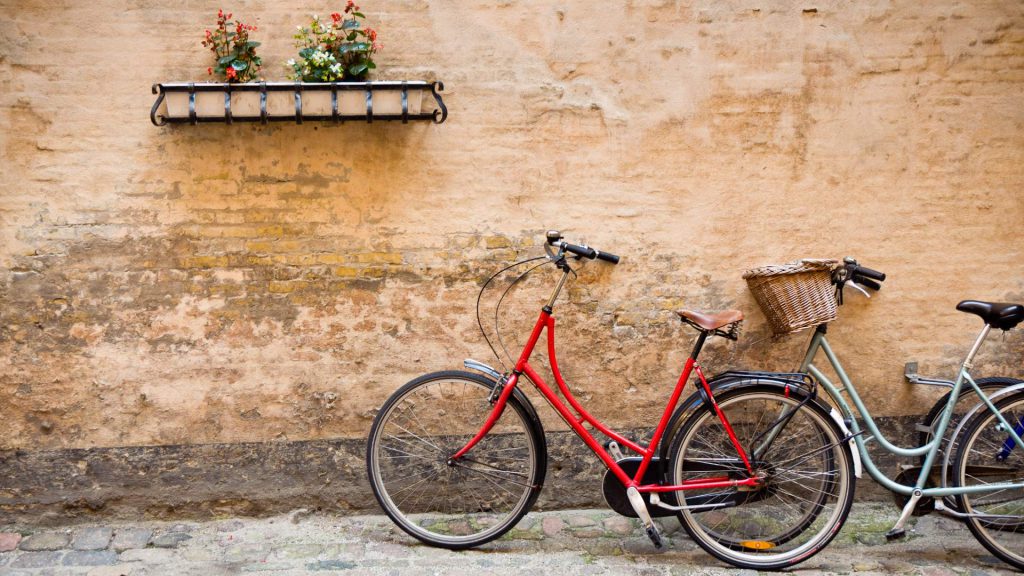
4. Home to the Oldest Monarchy in Europe
The Danish monarchy is one of the oldest in the world, tracing back over a thousand years. The current Queen Margrethe II has been on the throne since 1972 and is much beloved by the Danish people. The monarchy holds a symbolic place in Danish society, representing tradition and continuity, even as Denmark itself embraces modern values and democratic ideals.
5. The Viking Legacy
Denmark’s Viking heritage is still palpable, influencing everything from architecture to popular culture. The fierce yet adventurous Vikings once set sail from Denmark’s shores, leaving an indelible mark across Europe. Today, Viking artifacts are preserved in Danish museums, and historical sites pay homage to this bold era, allowing visitors a glimpse into the lives of these legendary seafarers.
6. Copenhagen: The Culinary Capital
In recent years, Copenhagen has emerged as a culinary powerhouse, known for its innovative cuisine and commitment to local ingredients. Home to Noma, a world-famous restaurant often credited with starting the New Nordic cuisine movement, Copenhagen attracts food lovers from around the globe. From Michelin-starred establishments to bustling food markets, Denmark’s culinary scene is as diverse as it is delicious.
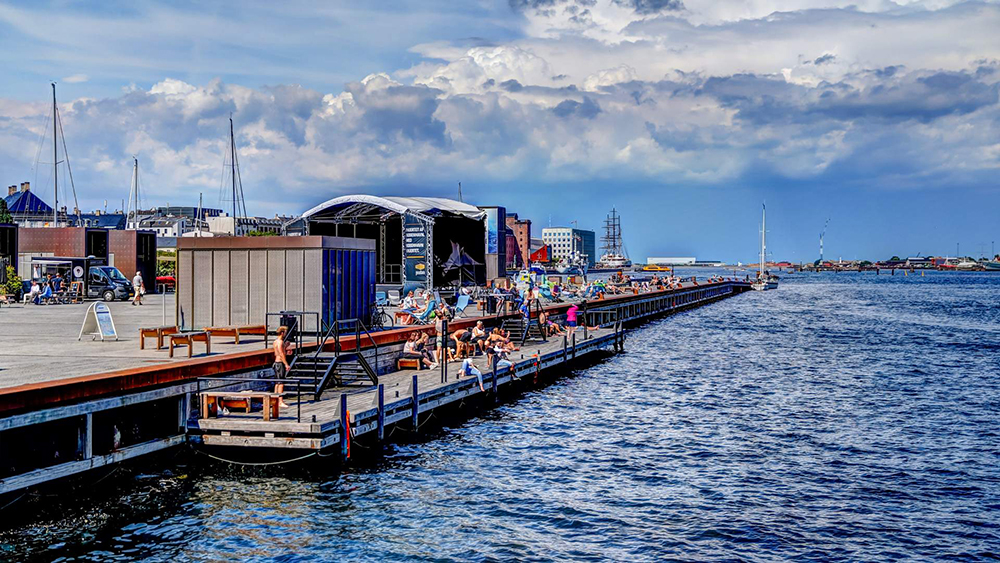
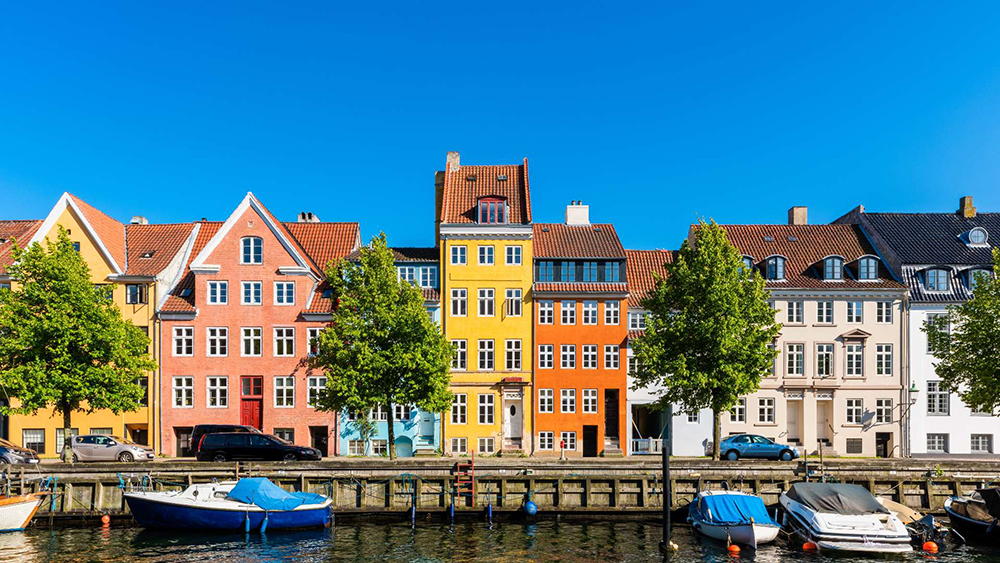
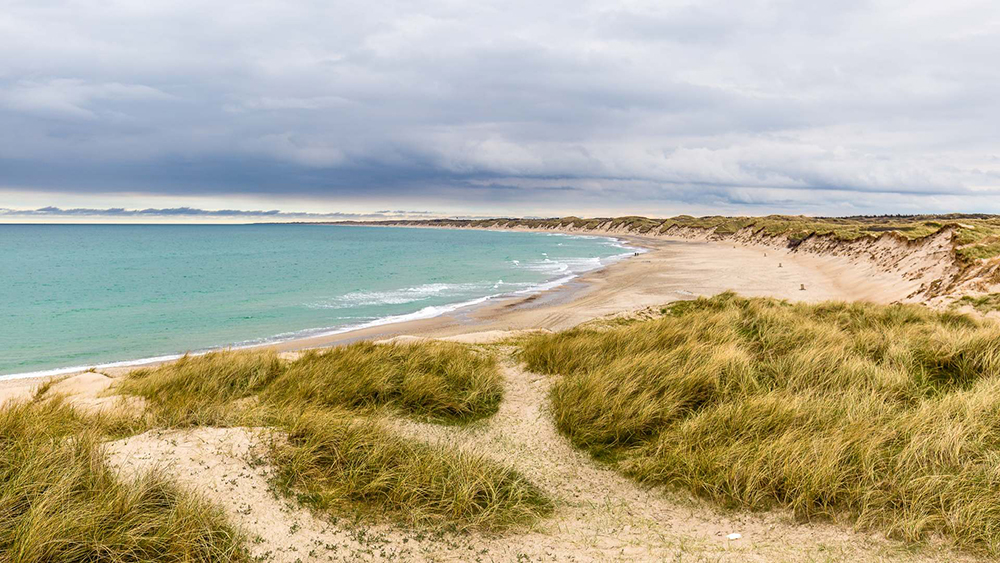
7. Denmark’s Fascination with Fairytales
The land of Hans Christian Andersen, Denmark has a rich fairytale heritage that continues to enchant children and adults alike. Andersen’s classic stories like The Little Mermaid, The Ugly Duckling, and The Snow Queen have captivated readers worldwide. His legacy is celebrated in Denmark with statues, museums, and even theme parks dedicated to bringing these timeless tales to life.
8. Green Energy Pioneers
Denmark is a global leader in green energy, particularly in wind power. Committed to combating climate change, Denmark has invested heavily in renewable energy sources, with a goal to become carbon-neutral by 2050. With nearly half of its energy derived from wind turbines, Denmark serves as a model for sustainable practices, demonstrating that economic growth and environmental stewardship can go hand in hand.
9. The Concept of “Janteloven”
Janteloven, or “the Law of Jante,” is a cultural concept that underscores Danish social values of humility and equality. It discourages boastfulness and emphasizes the idea that no one individual is more important than the group. While some may see it as limiting, Janteloven encourages a sense of solidarity, modesty, and respect among Danes, fostering a strong sense of community.
10. A High Quality of Life
Denmark’s high standard of living is the result of a well-established welfare state that ensures access to healthcare, education, and social services for all. The Danes value work-life balance, with flexible working hours and generous vacation time, allowing them to enjoy a fulfilling life outside of work. In Denmark, the emphasis on quality of life is evident, making it one of the most desirable places to live in the world.



